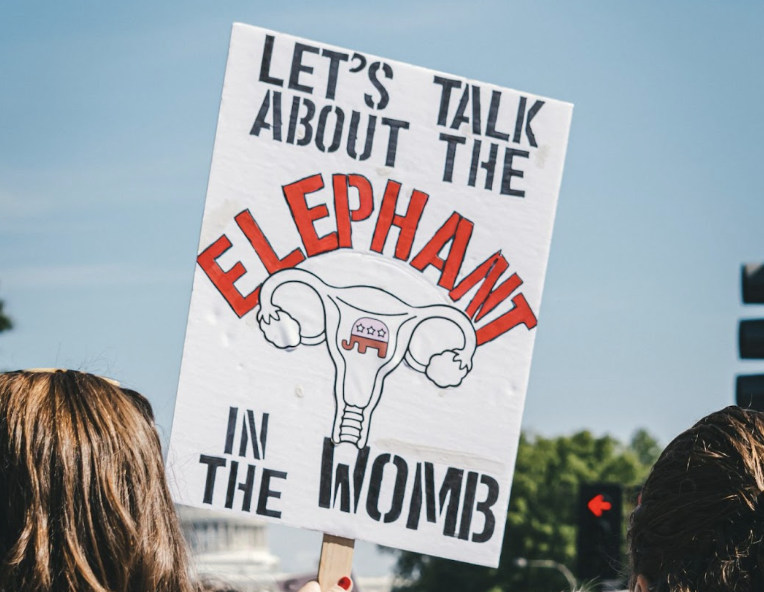Pro-Choice or Pro-Life? Can they encompass what they mean?

The gravity of word choice and the lack of it with the terms pro-choice and pro-life minimizes the experience pregnant people go through when considering an abortion.
Recently, I read an opinion article from the Washington Post called “I had a late-term abortion. But saying I’m ‘pro-choice’ is a problem.” The article was written by Laurel Marlantes, who was forced to choose to abort because doctors told her that her infant’s chance of survival were slim to none. My initial impression from the title, and perhaps yours, was that Marlantes would try to argue if pro-choice is better or worse than pro-life, but she focused more on the word choice, emotions and decisions that the terms do not adequately encompass.
When Roe v. Wade was overturned, I focused on the fact that pregnant people would not be able to have the choice to decide if an abortion was right for them. For me, the overturning of this monumental court case meant that precedents based on the Due Process Clause — such as Obergefell v. Hodges, which legalized same sex marriage — could be reversed.
Politically, I am for pro-choice. I believe that pregnant people should have the ability to decide what is best for them rather than being forced to have only one option. Only the expectant person knows what choice they need to make to support themselves according to their own situation and their own emotions. No one has the right to dictate another person’s life. However, we need to abandon these terms entirely because the vernacular we choose to discuss the topic of abortion is much too oversimplified.
One of my favorite lines in Marlantes’ article says that, “The word ‘choice’ trivializes the profound seriousness of the issue. We use the same word to say whether we want cheddar or American cheese on our hamburgers. Mayo or mustard. It can feel downright demeaning.”
Outside of the fact that these terms can belittle the emotional aspects of an expectant person’s decision, the terms do not make sense because oftentimes, it isn’t a choice. Sometimes, there are unforeseen events — health risks, rape, and more — that force a pregnant person to choose whether or not to have an abortion. For this reason, the connotation of these words do not give a fair overview of what an abortion truly entails.
As stated by the Planned Parenthood Advocacy Fund of Massachusetts, “Focusing on someone’s “choice” erases the structural, societal factors that determine how and if someone can get health care, and the quality of that care. These factors are not incidental or insignificant: they leave many people with no choices at all.” Bringing a child into the world comes with responsibilities that many aren’t ready for, especially if they didn’t plan on having children.
According to research conducted by BMC Women’s Health, the driving decision for a majority of women seeking an abortion was concerns regarding the well-being of future and current children in conjunction with existing commitments and responsibilities. The arduous question of whether or not to bring a child into the world without the means to give the child a safe and happy life is not one that can be answered easily.
Abortion cannot be defined by two simple terms. The connotations these phrases carry force certain religious, moral and political opinions and beliefs onto the general public, when the real issue we should focus on is giving pregnant people the ability to do what is best for themselves. In an ideal world, pregnant people would have the option of abortion without having to use the political jargon that downplays their experiences.
Words matter, and in failing to use the right words, we open the doors to miscommunication and misinformation. Through the use of these inappropriate terms, society has bifurcated an immensely complex issue, which not only lets emotions control our thoughts, but it also leaves all of our morals disoriented. Before you go out with your cardboard sign protesting for or against abortion, ask yourself if these terms truly describe your beliefs.

